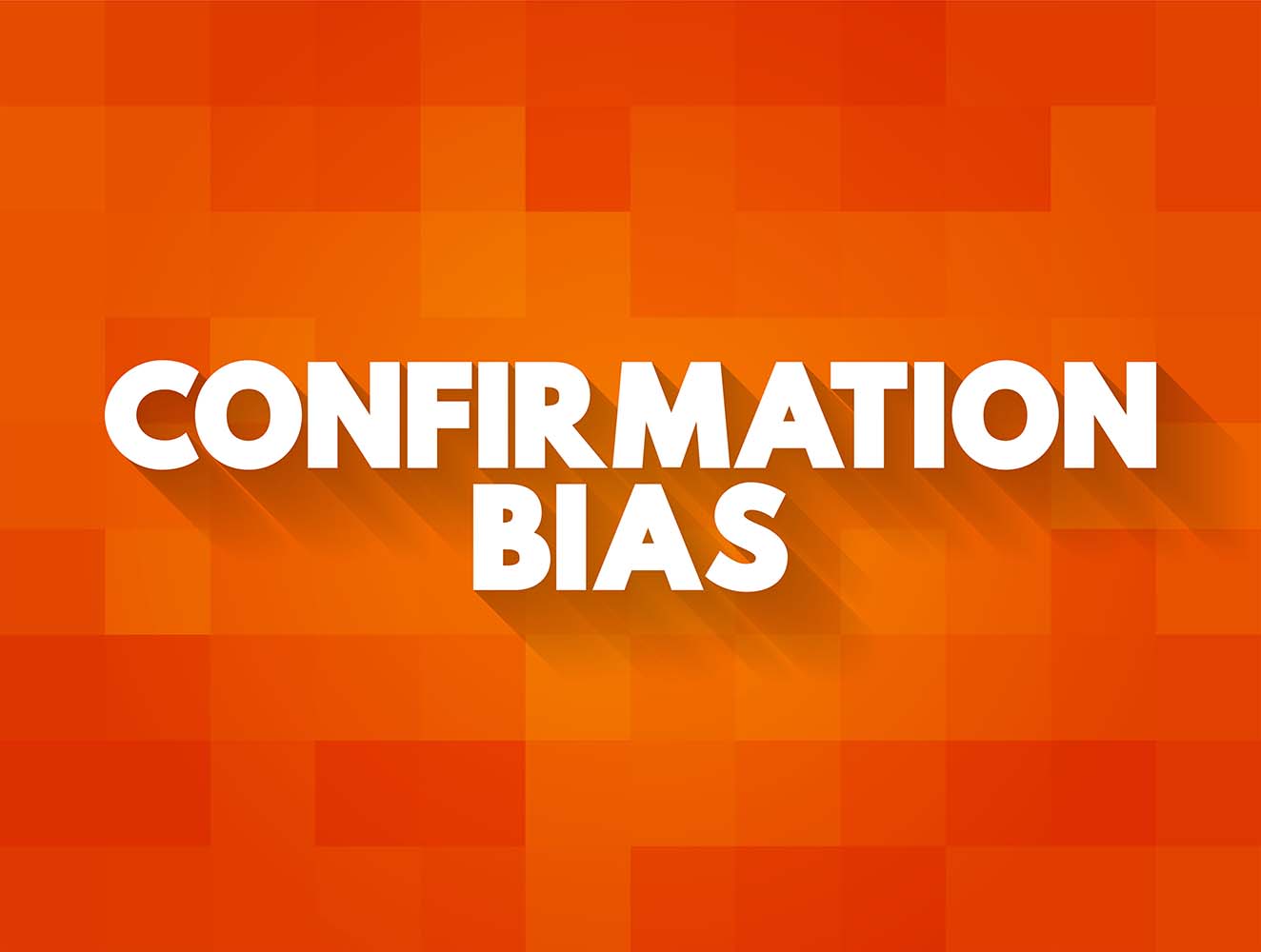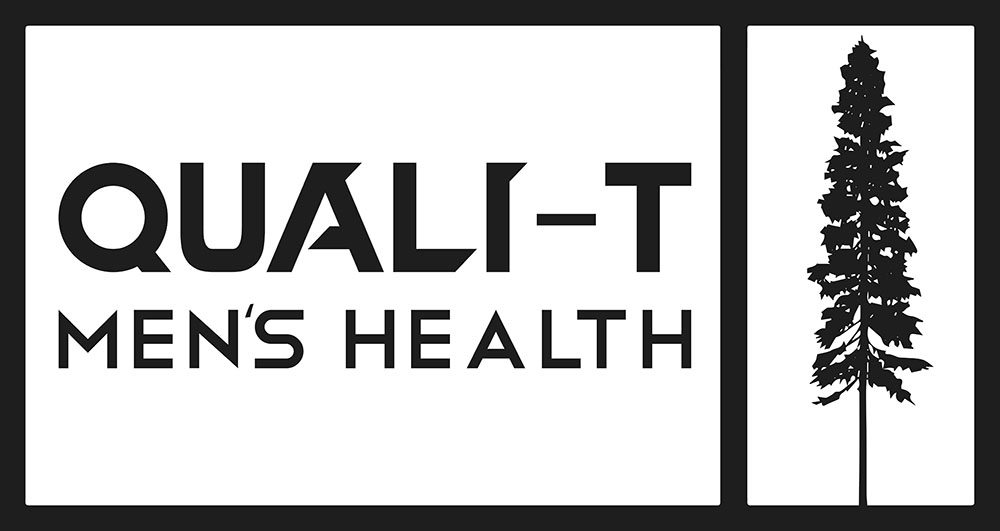
Confirmation bias, a common cognitive tendency, plays a significant role in how we approach information. This is true for all information and seemingly especially true about Testosterone Replacement Therapy (TRT). Confirmation bias is like a selective filter leading us to favor information that aligns with our preconceived beliefs about TRT, potentially influencing our decisions and perspectives. This is true for many providers and the general population.
When exploring TRT, it’s essential to recognize this bias and actively seek out a balanced understanding. Imagine researching TRT online, where algorithms personalize information based on your interests. While this tailored content can be informative, it’s crucial to break free from the echo chamber effect. This echo chamber is all too common on TRT forums, subreddits, etc.
Acknowledging confirmation bias allows individuals to explore a range of perspectives, enabling a more informed decision-making process. To navigate confirmation bias in TRT, individuals should actively seek out diverse sources, engage in open conversations with healthcare professionals, and critically evaluate both positive and negative aspects. Embracing cognitive diversity in information processing can lead to a more balanced and nuanced understanding of TRT, ensuring individuals make decisions based on a comprehensive view rather than a filtered one. In the journey towards optimizing health and improving “Quali-T” of life, recognizing and addressing confirmation bias is a crucial step in fostering well informed choices regarding Testosterone Replacement Therapy.
Confirmation bias may be why you’ve been told that you don’t need TRT, or that it’s too dangerous. If you think you may be a candidate for TRT, get ahold of us today for your free visit!





